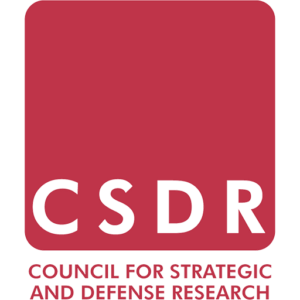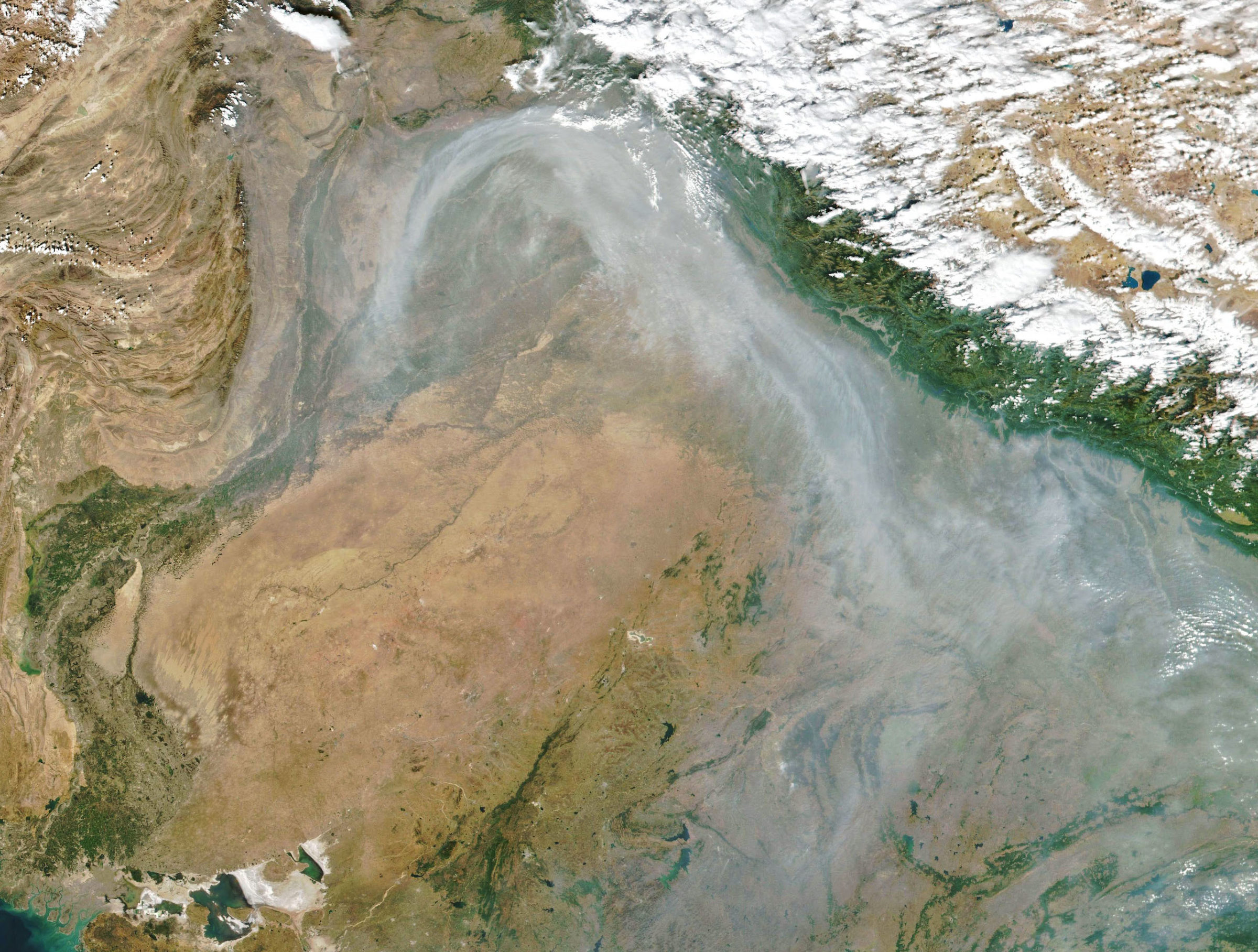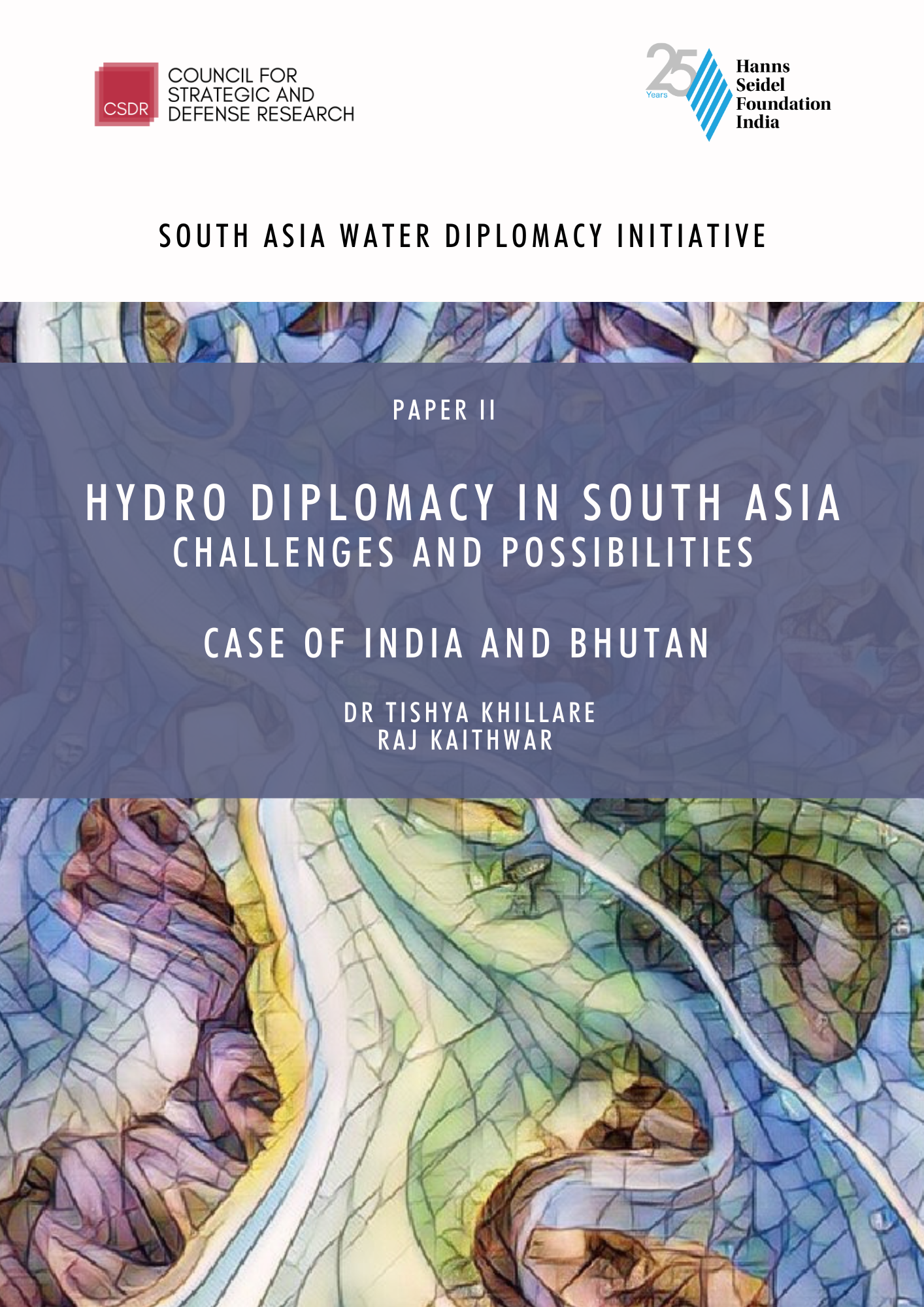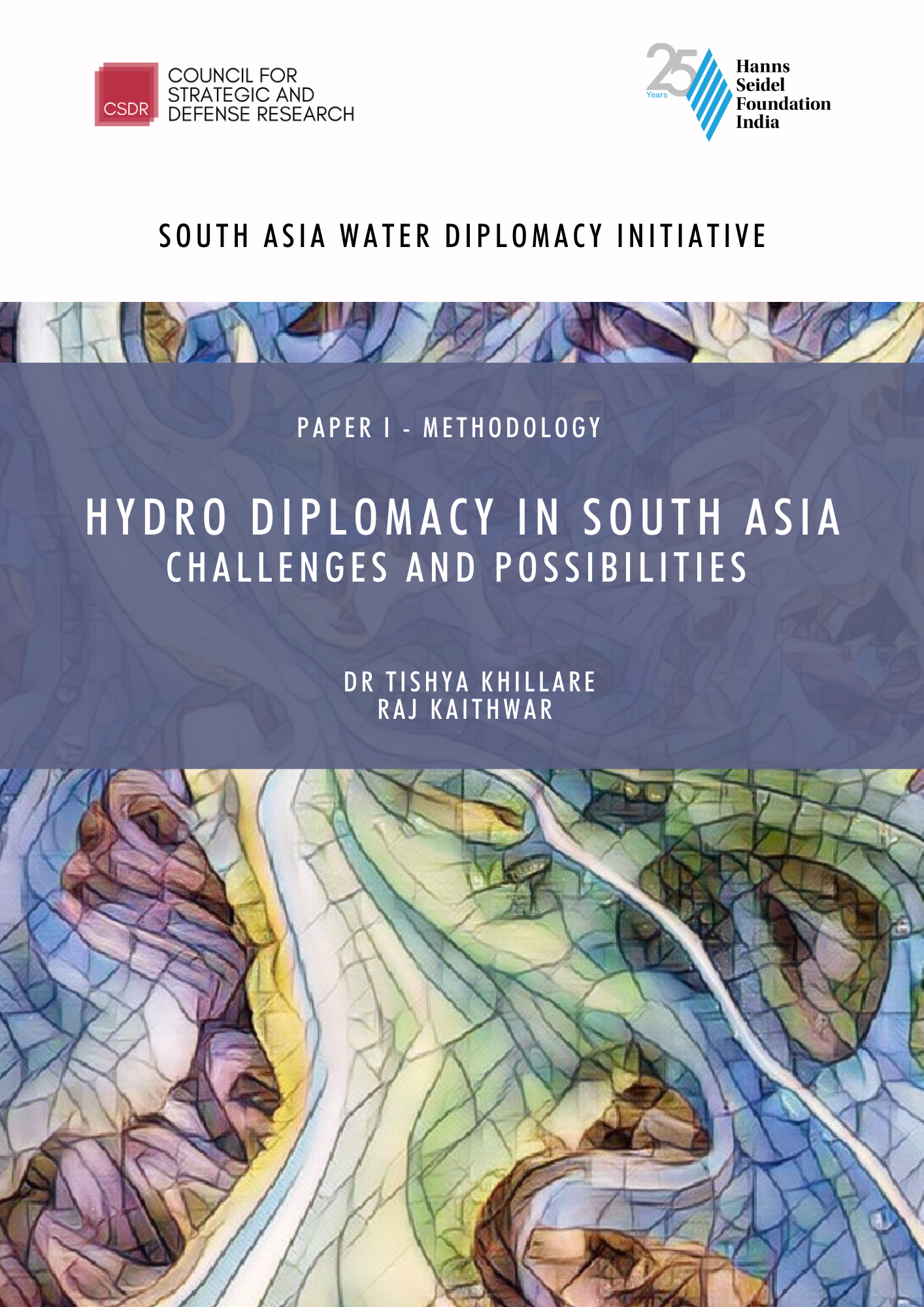The Climate Security and Diplomacy Program is dedicated to advancing climate security and promoting inclusive multistakeholder climate diplomacy in South Asia and beyond. The program conducts policy-relevant research and advocacy to address pressing environmental and climate issues, particularly those that require innovative solutions through bilateral or multilateral collaboration. It fosters constructive cross-border dialogues and encourages the development of collaborative, policy-oriented narratives on climate cooperation to promote a comprehensive regional approach in South Asia and beyond.
The Program aims to strengthen bilateral and regional cooperative efforts related to transboundary environmental and climate concerns, recognizing their essential role in addressing the climate crisis and fostering confidence-building measures within a region that is often poorly integrated. The Program has been instrumental in driving climate diplomacy in South Asia through its interventions, particularly its Track II dialogue platforms. These platforms have united policymakers, civil society organizations, and climate science experts to exchange knowledge, co-create policy roadmaps, and envision bilateral and regional collaboration.
In this endeavor, the Program has closely collaborated with climate scientists who excel at communicating the social impacts of climate change and designing social science solutions with practical applications at both the bilateral and regional levels.









